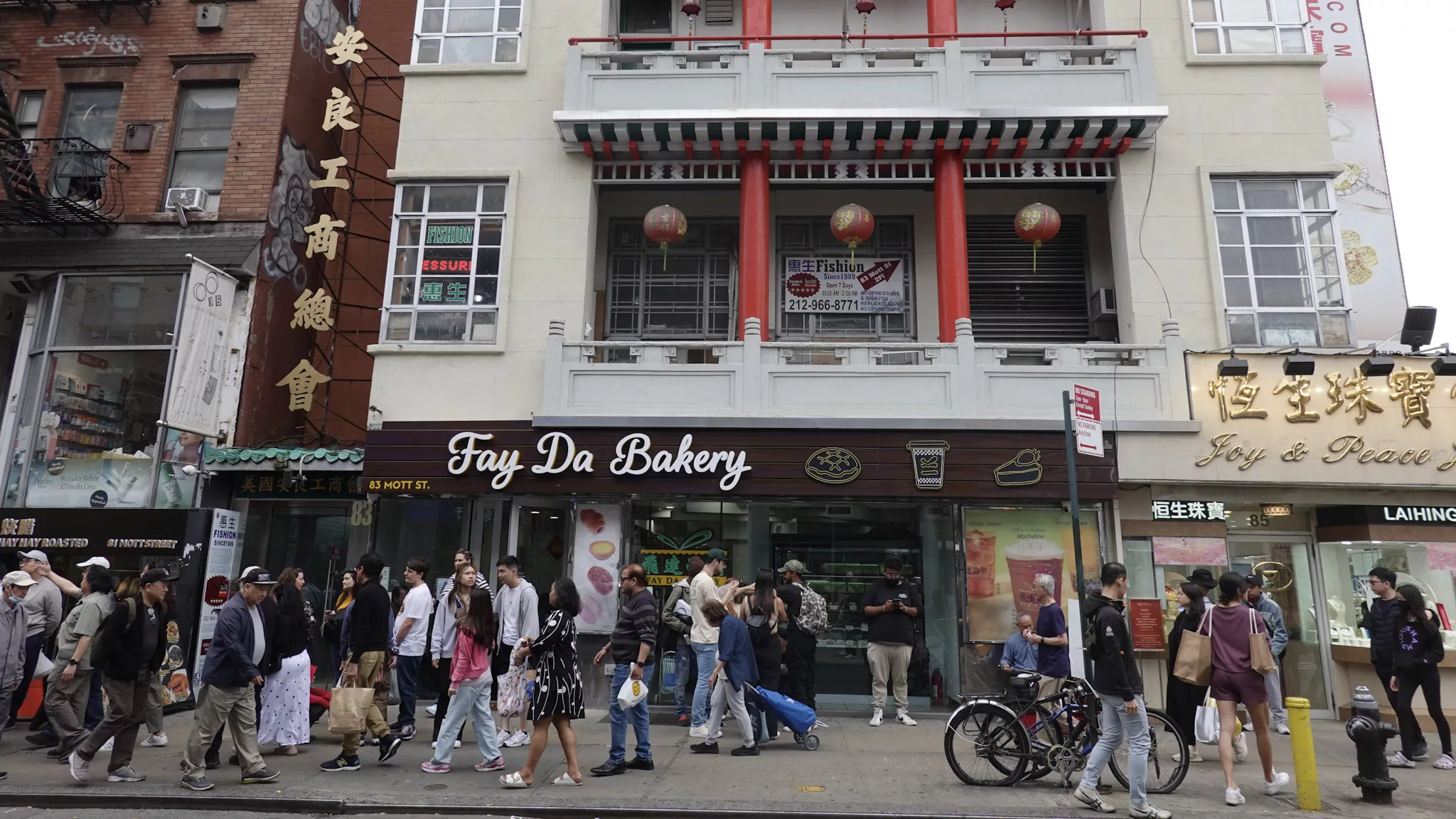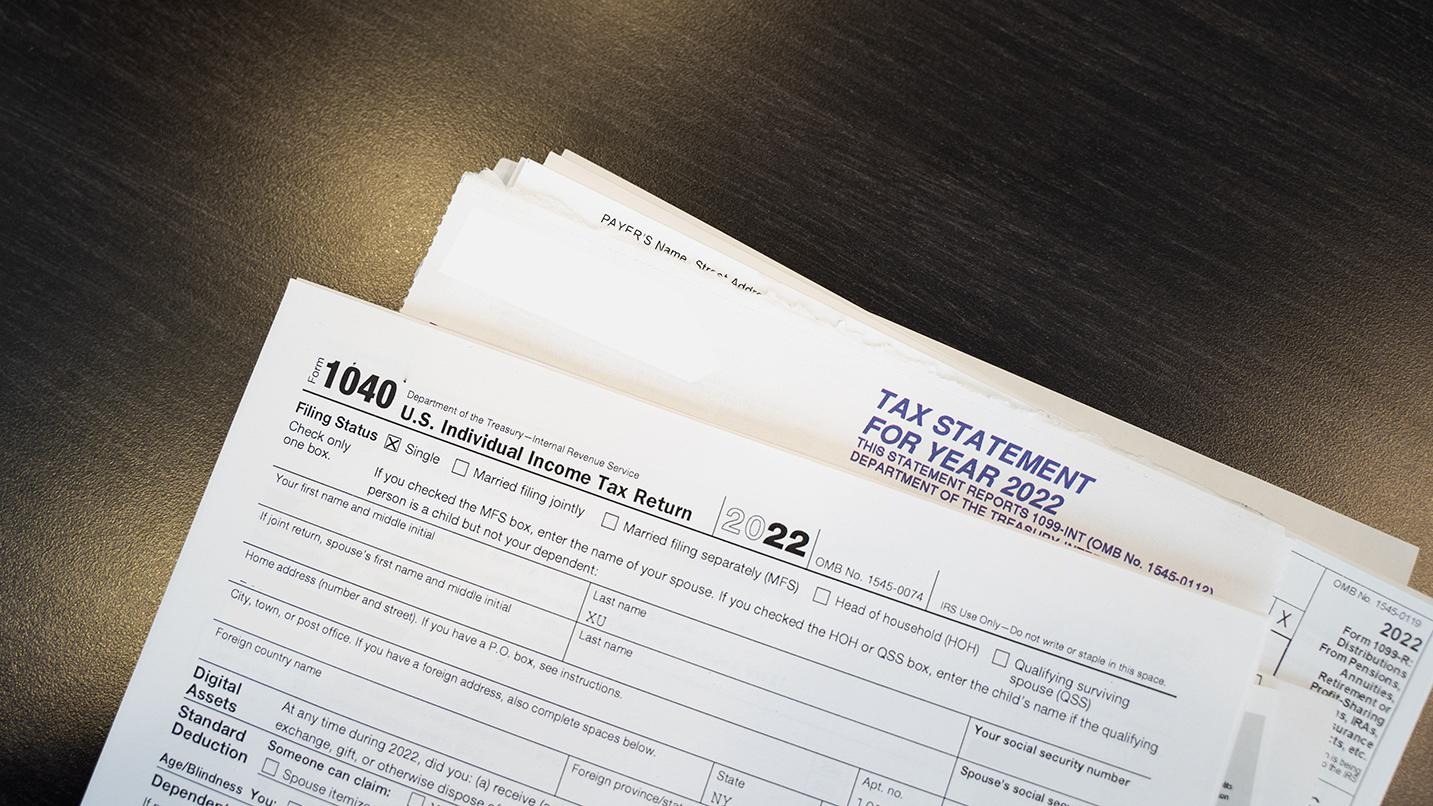Known for serving up traditional Chinese baked goods like pork buns, red bean rice cakes, and custard tarts, Fay Da Bakery has become a ubiquitous presence in New York’s culinary landscape. Founded in 1991 by Taiwanese baker Han Chou in Manhattan’s Chinatown, the chain has grown to 14 locations across Manhattan and Queens, with one shop in Connecticut’s Foxwoods Casino.
Yet, as Fay Da grew, it also allegedly stole hundreds of thousands of dollars in wages from its employees. According to a class action lawsuit filed in 2022, the company engaged in a widespread practice of time-shaving — a cost cutting practice where employers will round down the amount of time an employee has worked.
The lawsuit alleges that one employee clocked in on May 2, 2020, at 3:04 p.m. and clocked out at 4:31 p.m. Instead of being paid for 1 hour and 27 minutes worked, Fay Da only paid the employee for 1 hour and 15 minutes.
In addition to time shaving, the lawsuit also alleges that the company regularly failed to pay employees for overtime hours worked, failed to provide proper wage statements with every payment issued, and had a policy that required employees to work while clocked out through their meal break.
After several failed settlement attempts, in April, Fay Da finally agreed to a settlement in that lawsuit where they will pay up to $940,000 to resolve the claims made by the class made up of 749 former and current employees.
Workers who were employed by Fay Da as bakers, cake decorators, pastry producers, kitchen helpers, packagers, counter staff, cashiers, baristas, unloaders, drivers, or maintenance workers between August 4, 2015, and June 1, 2022, are entitled to receive approximately $10.80 per week worked during that period.
Although Fay Da agreed to pay the workers, as per the settlement agreement, the company was not required to admit any wrongdoing. Fay Da did not respond to Documented’s request for comment.
Also Read: Documented Launches The Wage Theft Monitor
It’s not the first time Fay Da has been accused of stealing wages from its employees. In 2012, the United States Department of Labor ordered Fay Da to pay $52,161.26 in compensation and penalties for failing to pay 105 of its employees the minimum wage and failing to pay overtime wages.
An ongoing class action lawsuit that was first filed in 2015 with the United States District Court for the Eastern District of New York alleges that Fay Da has continued to fail to pay employees the minimum wage and overtime. It also alleges that the company would illegally make an automatic meal deduction of $2.50 for each day employees worked for meals that were never provided. They would also deduct fees for uniforms that were never reimbursed.
From 2011 to 2015, Bing Zhen Zheng, 51, worked at the Fay Da location on 39th Ave in Flushing as a cashier. During her employment, Zheng’s hourly salary ranged from $7 to $9, barely meeting the minimum wage in New York City at the time. Zheng says that various fees from her paycheck were deducted for meals and uniform cleanings.
Zheng recalls being given barely anything to eat for a meal that she was ultimately paying for.
“They charged us for breakfast and lunch, but the food options were terrible,” Zheng said. “We were allowed to have only one piece of bread for breakfast, and lunch was about two dollars, but all they gave us was bread and water. No hot food.”
After nearly ten years of waiting, Zheng says her hopes of receiving compensation had dwindled. During the pandemic, their lawyer arranged a virtual meeting with a representative from Fay Da Bakery, Zheng explained. “They told us the settlement for the whole case would be around $10,000. With more than ten people involved, that’s less than $1,000 each. It feels like a lot of time and effort for very little in return.”
Also Read: Wage Theft: What to Know If You Think Your Wages Are Stolen
Zheng’s experience was far from unique. Chen Yong, a former part-time employee at the Fay Da Bakery on 41-60 Main St. in Flushing, faced similar issues in 2017. Yong alleged the bakery charged a fee for uniform cleaning, yet required to return the uniforms upon quitting. Like Zheng, Yong says proper breaks were scarce.
“We basically started working right after having bread and water,” she recounted.














